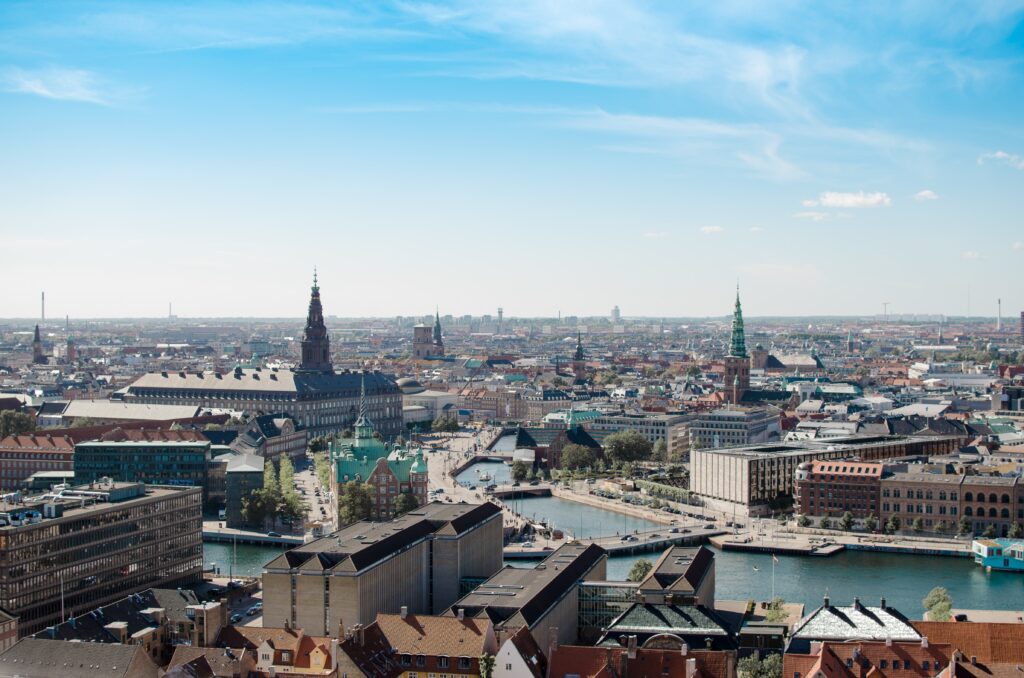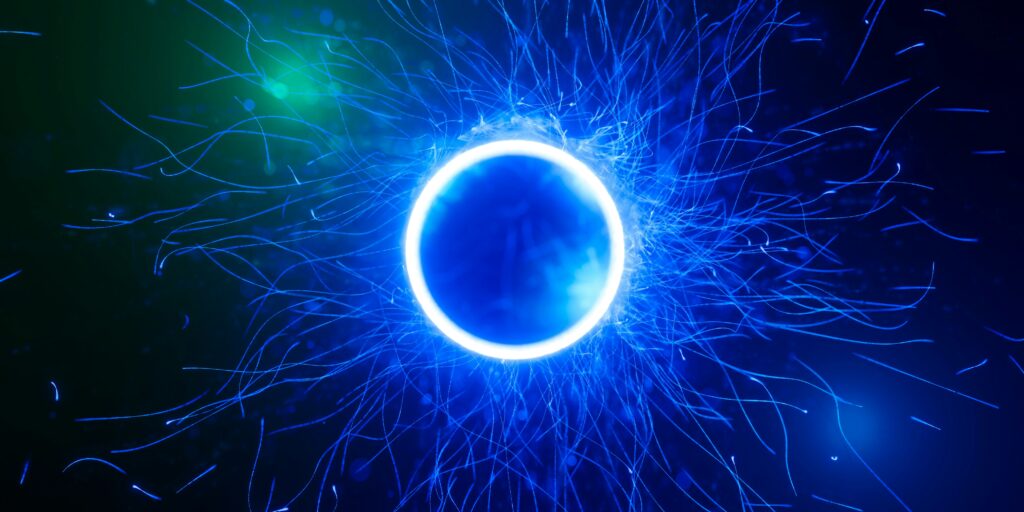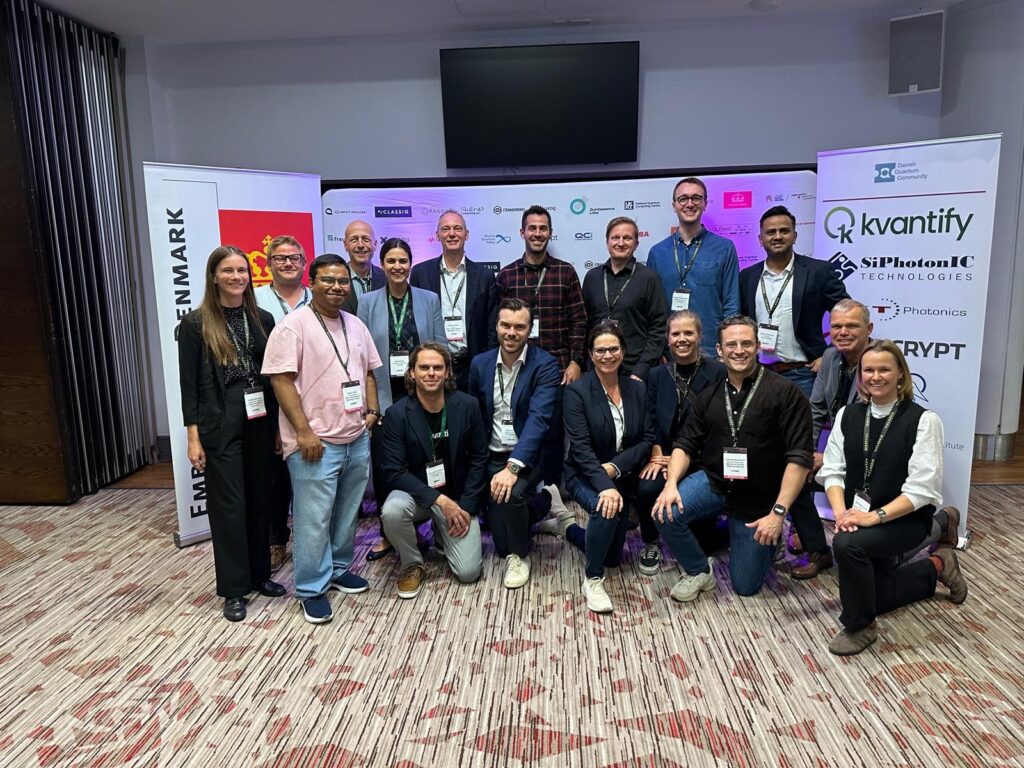Quantum technology has become a hot topic, not the least in Denmark with the recent announcement of the Government’s Quantum Strategy. Quantum computing is probably the potentially most disruptive of the three main quantum technologies (sensing, communications and computing). In this workshop we will illustrate the current state-of-the art of quantum computing through examples and explanations from researchers in this field.
We are still in the so-called NISQ-era (noisy-intermediate-scale-quantum) with a limited number of very fragile qubits. The technical press frequently reports about ‘breakthroughs’ and you may get the impression that the ultimate quantum computer is just around the corner. There have also been reports about interesting results obtained with so-called analog quantum simulators.
It may be difficult to look through the hype and get a clear impression of where we stand today. Some claim that it will be possible to obtain performance with NISQ-processors that will outperform state-of-the-art HPCs quite soon. Others think that it will not happen until an error corrected, gate-based quantum processor becomes available.
In this workshop we will present examples of what’s actually possible today and we will address some of the recent so-called breakthroughs. We will also explain what analog quantum simulators are, and what they may be used for.
The target audience for the workshop are researchers and technical staff from the members of DIREC and Danish Quantum Community and others having a basic background knowledge on quantum computing.



